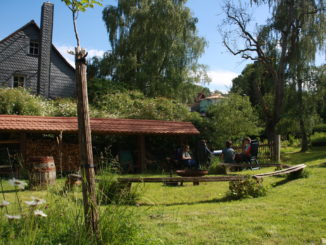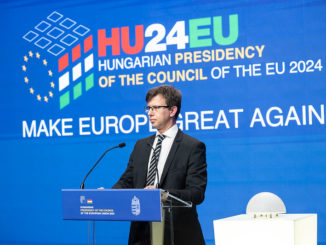Daily updates on whats new on the ARC website and in the CAP debate

Michael Dower Award for Rural Resilience – Nominate A Rural Action-Taker Today!
Michael Dower (1937-2022) has inspired rural Europe for decades. Co-founder of the European AgriCultural Convention (EAC), which later became ARC2020, he was a phenomenal agent of change. Launching today, the Michael Dower Award for Rural Resilience will showcase the efforts of local communities and individuals who are taking action to make rural Europe a better place to live. […]














